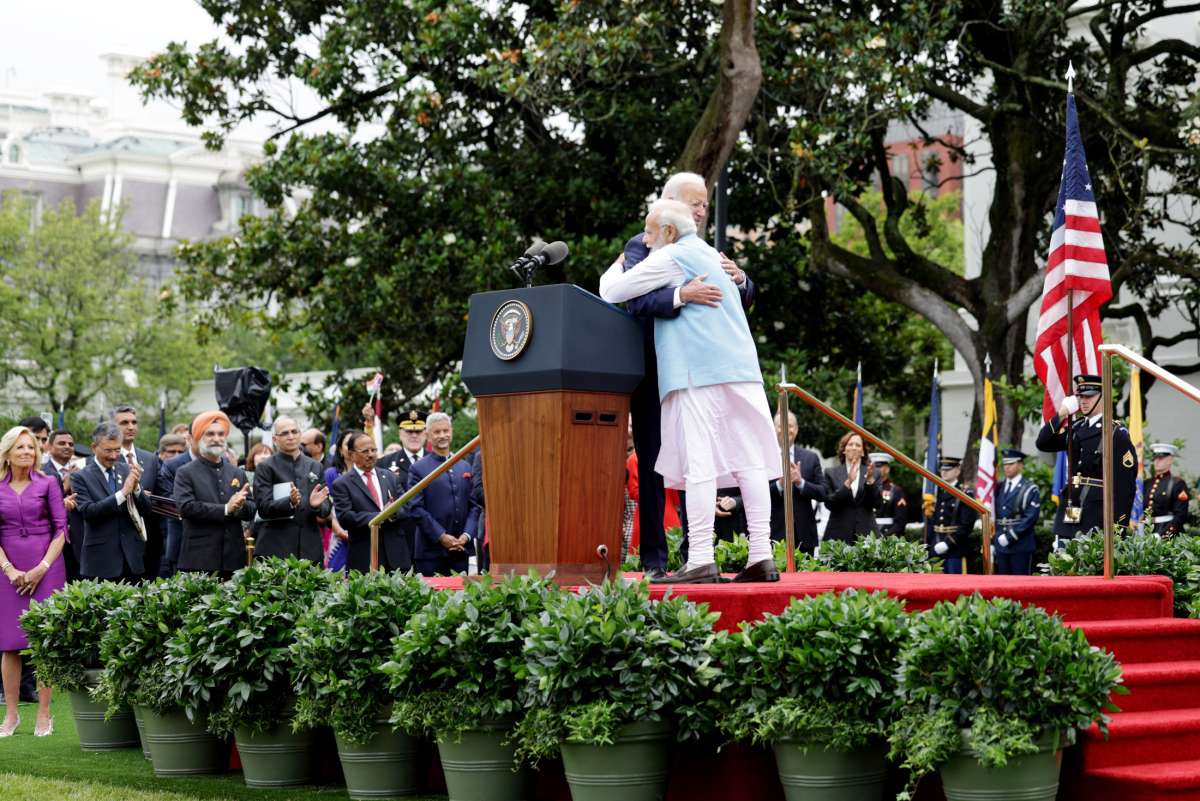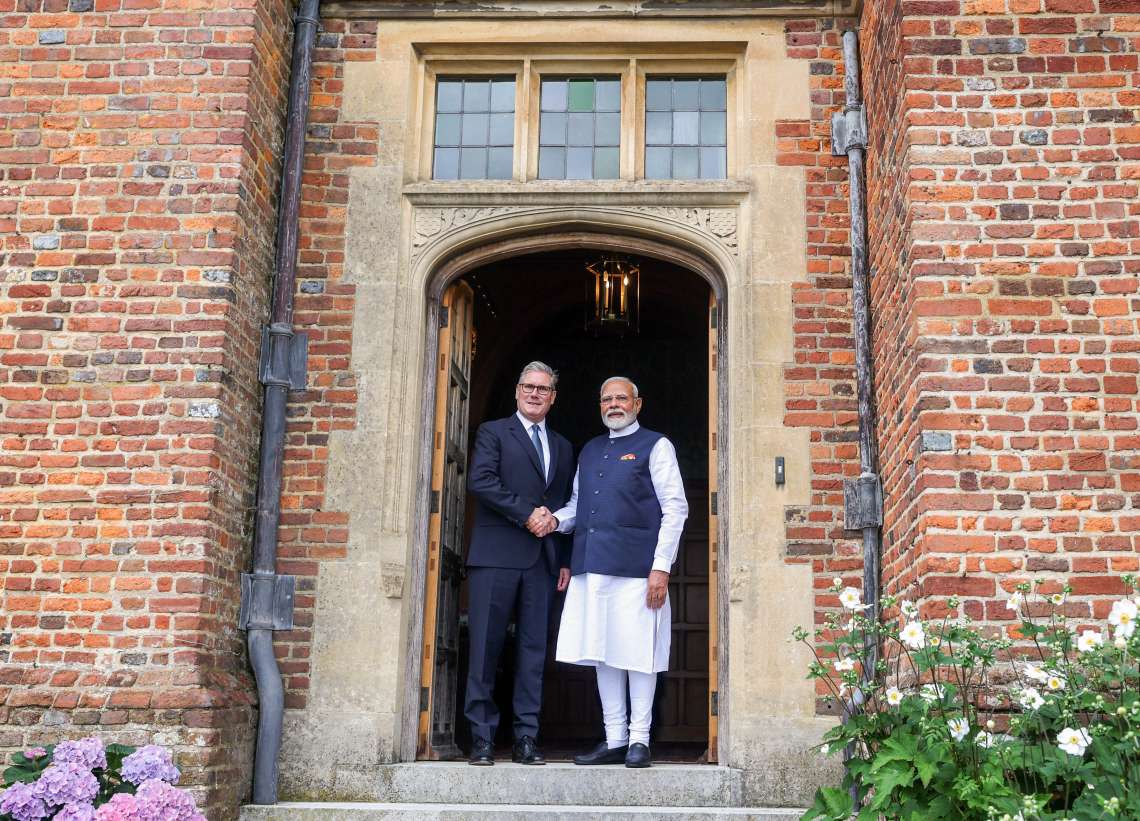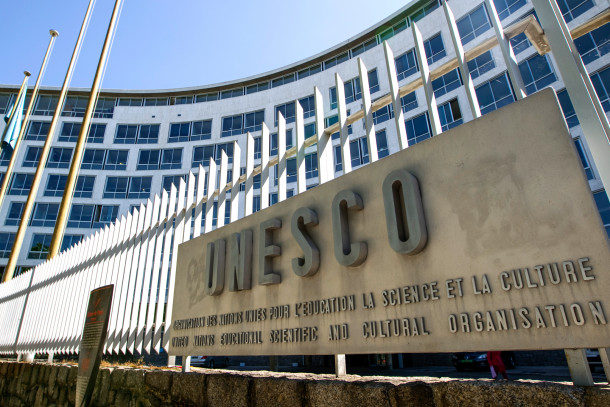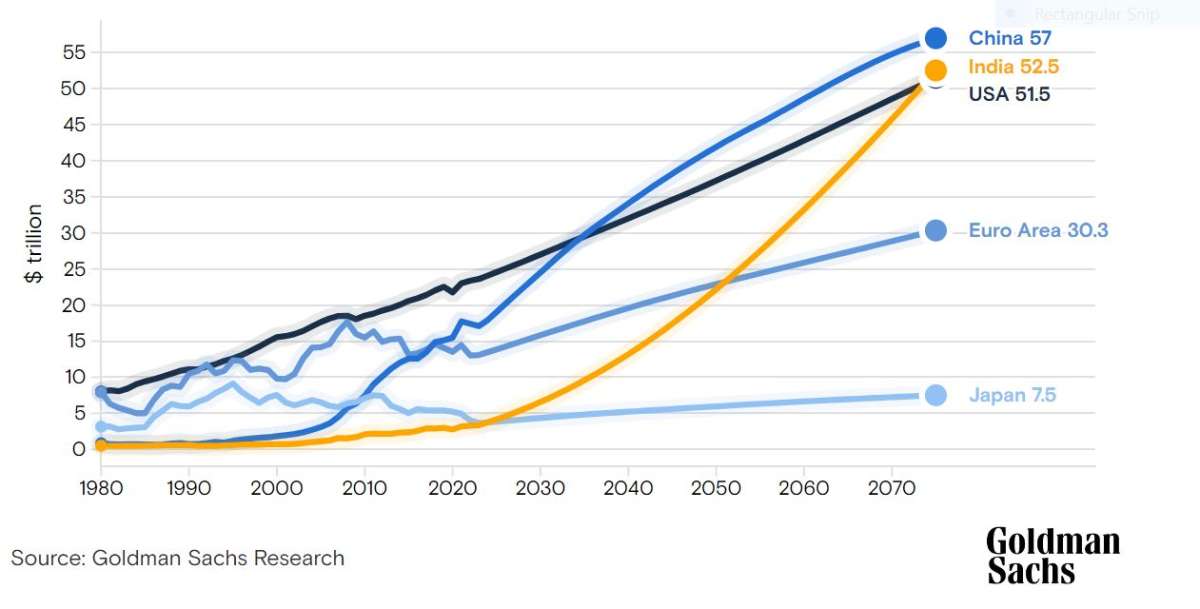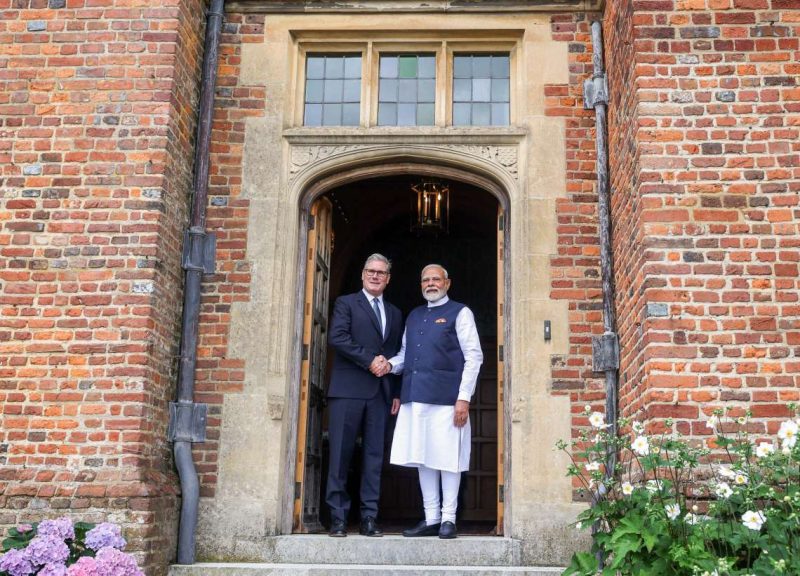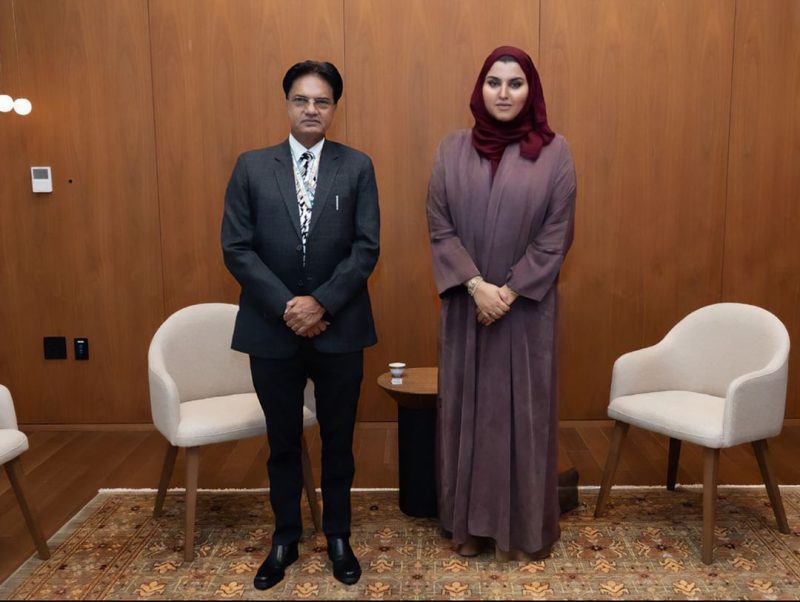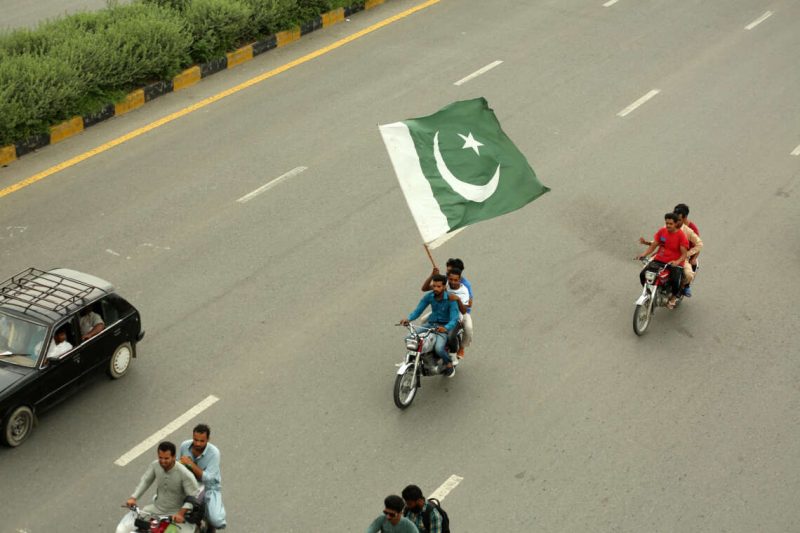On Space collaboration, the EAM said India signed the Artemis Accords and promoted stronger ISRO-NASA collaboration. …reports Asian Lite News
The collaboration between India and US in Micron Technology, Lam Research and Applied Materials deals with New Delhi extended to a new initiative and additional domains and can be expected to grow steadily, External Affairs Minister said at the SemiconIndia Conference on Sunday.
Jaishankar said that during Prime Minister Narendra Modi’s visit to the US, specific commitments were made with regard to Micron Technology, Lam Research and Applied Materials, and they have been the subject of deliberations as well. “During Prime Minister Modi’s State visit to the United States in June 2023, semiconductors were also a focus of the talks with President Biden and his team. As you would be aware, the two leaders chaired a technology round-table with the brand names of the industry. The Joint Statement highlighted this aspect of our cooperation. Three US companies – Micron Technology, Lam Research and Applied Materials – made specific commitments that have been the subject of your deliberations as well. It is essential that these developments are viewed from the larger perspective of India and the United States building a technology partnership for the future,” Jaishankar said.
“India’s entry as the latest member of the Minerals Security Partnership is worth noting, given the importance today of diversifying and securing supply chains in that area. Similarly, cooperation between the two countries has been a visible tailwind in the sphere of advanced telecommunications. Even as India’s 5G rollout starts to gather momentum, it is noteworthy to seek Bharat 6G and the American NextG Alliance co-lead research. Launching Open RAN deployments and participating in the US Rip and Replace Programme is also worth noting. This collaboration today extends to new initiatives and additional domains and can be expected to grow steadily,” he added.
On Space collaboration, the EAM said India signed the Artemis Accords and promoted stronger ISRO-NASA collaboration. The Innovation Handshake between Indian entities and the National Science Foundation (NSF) holds much promise. So too does the INDUS-X innovation bridge in defence technologies.
Remembering the May meeting, jaishankar said the QUAD group leaders agreed at their meeting in Hiroshima on the Principles on Critical and Emerging Technology Standards. This inter-alia supported industry-led, consensus-based multi-stakeholder approaches.
“It (Principles on Critical and Emerging Technology Standards) endorsed technology standards that promote interoperability, competition, inclusiveness and innovation. The intent was to foster technology standards that support safety, security and resilience. These voluntary principles were meant to assist governments and organizations to develop appropriate standards and it is clearly Quad’s expectation that many other nations would join them in that regard,” he added.
He also invoked his meeting with Japan’s Foreign Minister Yoshimasa Hayashi, saying that both sides concluded a Memorandum of Cooperation on Semiconductor Supply Chain Partnership which is expected to promote semiconductor design, manufacturing, equipment research, talent development and industrial resilience.
On Critical and Emerging Technologies or iCET, Jaishankar said it is an intrinsic element of the knowledge economy that is steadily unfolding and one of its primary characteristics is that it embeds technologies in a manner that profoundly influences all aspects of our lives.
He said, “The depiction of a Chip War may be somewhat overstated, but it has more than a fundamental kernel of truth. To a considerable extent, concerns in the iCET field are influenced by how market shares and production dominance was leveraged in other areas.”
“Technology trade is not just trade; it is as much as about political science. The truth is that we are seeing the re-emergence of export controls as a response to strategic assertions of economic strength. How to do business needs to be tempered with where and with whom to do it,” he added. (ANI)


